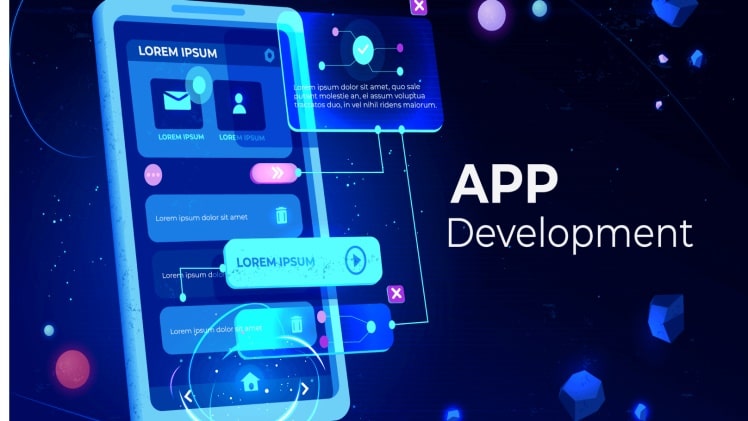App analytics are invaluable tools for developers and organizations that create mobile applications. By analyzing the data from app usage, developers can improve their product, optimize user experience, and better engage with their customers. If you want to get more information visit barder. The primary benefit of app analytics is the insight it provides into the performance of mobile applicationsIf you want to get more information visit jigaboo. Developers can identify areas where an app is over- or under-performing and make adjustments accordingly. Additionally, analytics can provide an overview of user behavior, including what features are being used (or not used) and how users are navigating through the app. With this data, developers can refine the user experience, making it more intuitive and enjoyable. Analytics can also help developers identify trends in user behavior. If you want to get more information visit distresses. By tracking which features are most popular, developers can focus on improving those features and create new ones that meet users’ needs. Furthermore, analytics can be used to measure the impact of changes made to the app. This allows developers to adjust the app in response to user feedback and identify which features are having the greatest impact on user engagement. If you want to get more information visit precipitous.Finally, app analytics can provide valuable insight into the effectiveness of marketing campaigns. By monitoring how users are engaging with the app, developers can determine the success of different approaches to marketing and fine-tune their strategies for maximum results. In summary, app analytics offer a comprehensive overview of an app’s performance and user engagement. With this data, developers can make informed decisions about which features to prioritize, refine the user experience, and measure the success of marketing campaigns.Mobile applications have become increasingly popular in recent years, and as a result, the security of mobile apps is of utmost importance. Here are a few tips to help you secure your mobile app.
1. Use Secure Networking Protocols: When developing your app, make sure to use secure networking protocols such as HTTPS and SSL/TLS. This will ensure that all data transmitted between the user and your app is encrypted and secure famousbiography.
2. Adopt Secure Authentication: Implementing secure authentication is a key part of mobile app security. Consider using secure authentication methods such as two-factor authentication, biometric authentication, or even one-time passwords.
3. Use Secure Data Storage: Store all user data in an encrypted format and use secure servers for data storage. This will help prevent unauthorized access to user data. If you want to get more information visit mypba
4. Monitor Application Updates: Regularly monitor the app for any potential security issues and update it regularly. This will help to reduce the risk of security flaws being exploited.
5. Implement Security Policies: Establish and enforce security policies for your mobile app, such as setting rules for acceptable use. This will help to ensure that users follow best practices when using your app. By following these tips, you can help ensure that your mobile app is secure and protected from potential threats newsintv.

